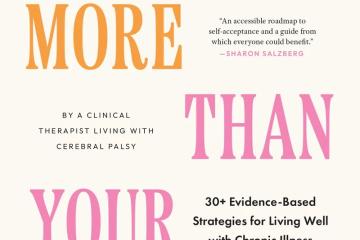Talking About Sex
The best way for parents to talk to teens about sex is to use teachable moments and to not think of it as one event but a process. It's not just "the talk":
- It's starting in early childhood, starting with what are the proper names for your anatomy?
- It's in early elementary school, talking about what should be private, and what's appropriate touching and what's not
- In middle school, talking about puberty.
- In high school, talking about sexual identity and sexual practices
Up to 50% of adolescents with cerebral palsy have an intellectual disability, as well as a physical disability. Adolescents with intellectual disabilities still need sexual health education, they just need it in a way that's more individualized so that they can understand it and use it.
When it comes to school, it's important that parents of adolescents with physical disabilities make sure your child gets to take sex ed. Too often, adolescents with physical disabilities are told that they don't need to be in sex ed, that it doesn't apply to them, but everyone needs that information and parents need to make sure their kids get that education.
The parents' attitude doesn't have to be that they have to know everything. The attitude should be, "If you don't know, I'm going to help you find out, and we're going to find the right person to find the answer to your question."
And that means that the caring adults in their lives, their parents, their teachers, their healthcare providers need to give them the tools so that they can protect themselves, but also so that they can enjoy dating and enjoy being in a relationship with another person.
"Too often, adolescents with physical disabilities are told that they don't need to be in sex ed."






